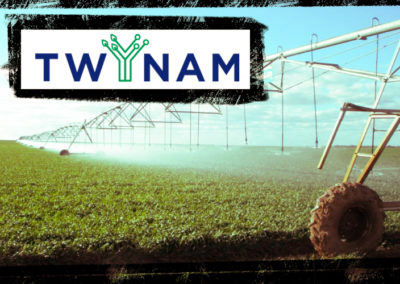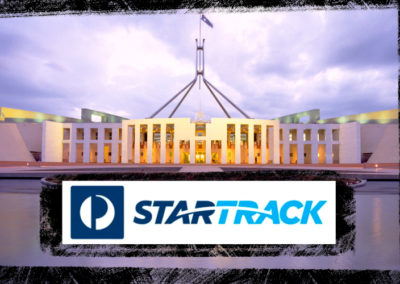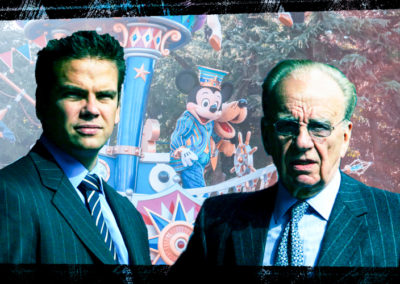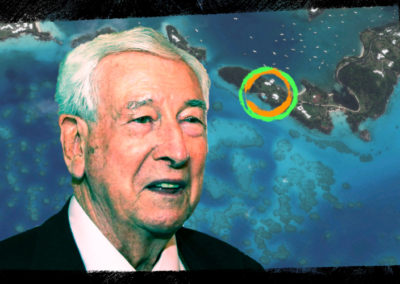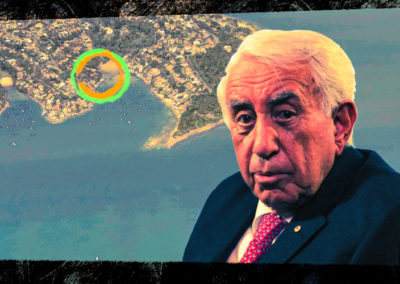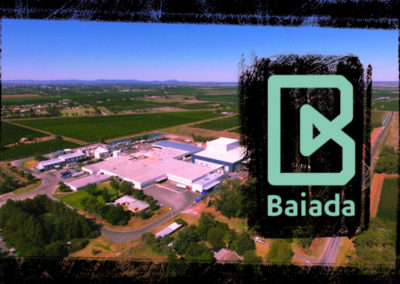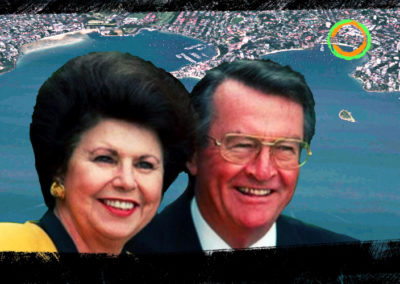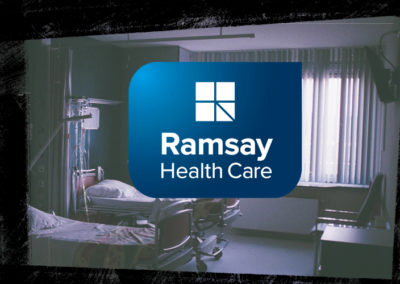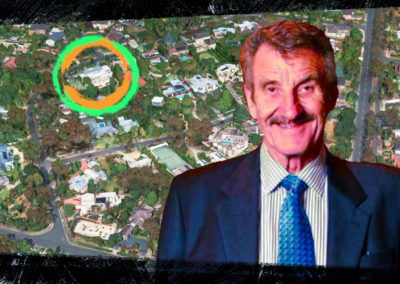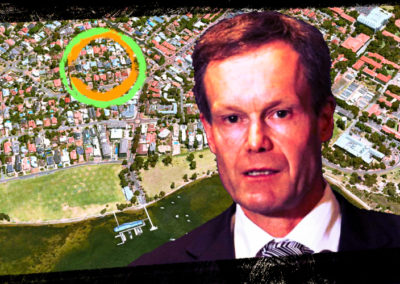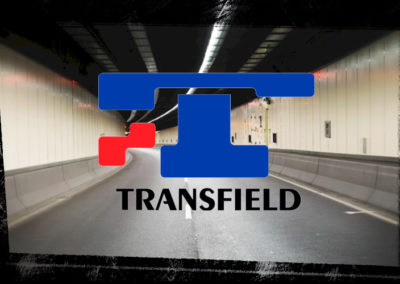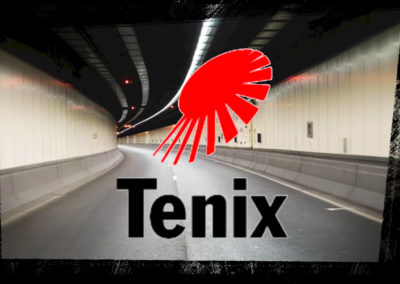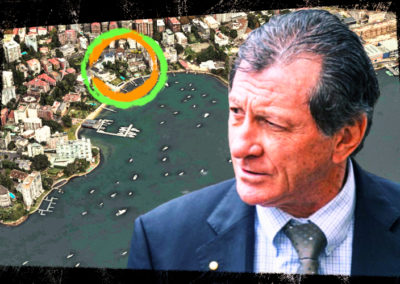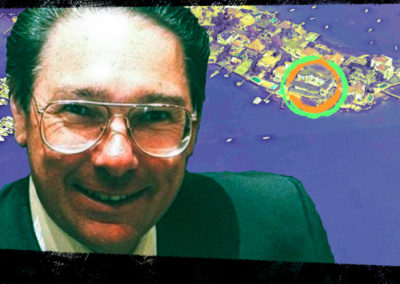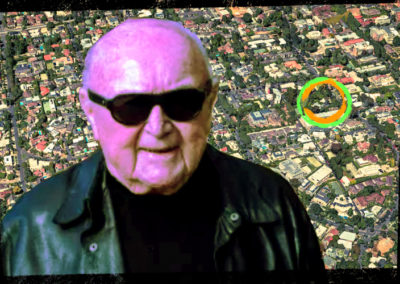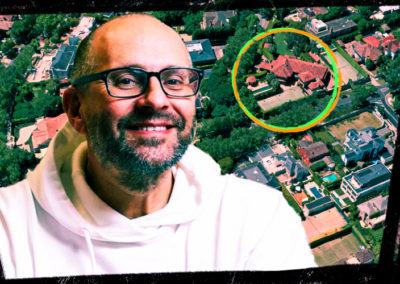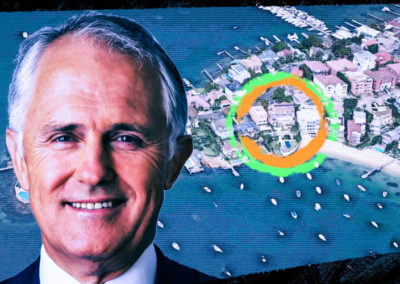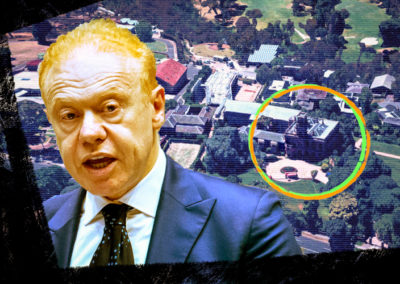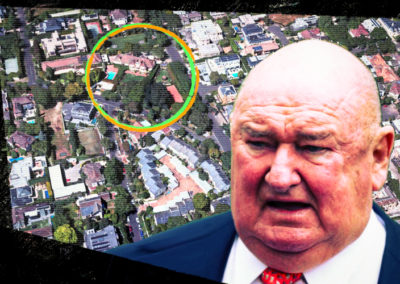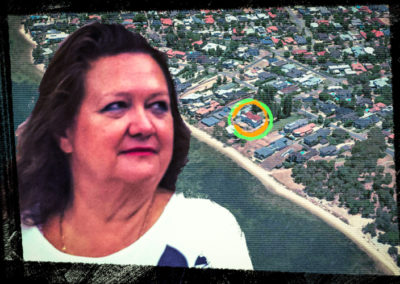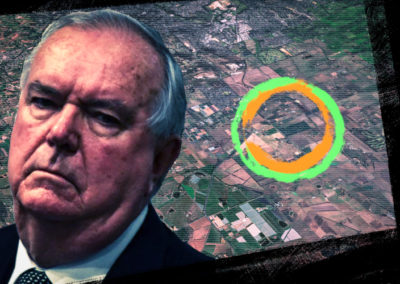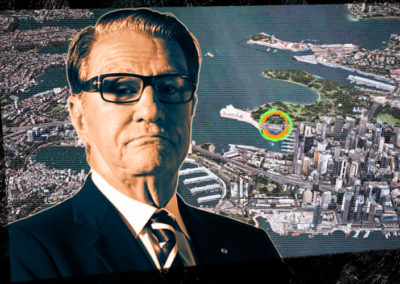Alan Rydge, chairman of Event Hospitality and Entertainment Ltd, controls Thredbo ski resort, 66 hotels including the Rydges group, the Events Cinema chain and vacant mansions in Australia’s most affluent suburb. Rydge is affiliated with one Dark Company, Enbeear Pty Ltd.
| Top 200 Rich List (2020) | No. of Dark Companies: 1 | Political Donations since FY 1998-99 |
|---|---|---|
| Rank: 80 | Enbeear Pty Ltd | Labor Party: $75,000 |
| Wealth: $1.3b | Coalition: $213,000 | |
| Wealth (2019): $1.58b | Independent: $0 | |
| YoY wealth change: -17.7% | Total: $288,000 |
Upon his father’s death in 1980, Rydge inherited the beginnings of what would become a multi-million dollar entertainment and hospitality empire. Rydge’s Dark Company Enbeear Pty Ltd owns a 20% stake in the ASX listed Event Hospitality and Entertainment Ltd.
Like much of the hospitality and entertainment sector, Event Hospitality and Entertainment Ltd was hit hard by the COVID-19 pandemic. The company recorded an $11.4 million loss compared to a $158 million profit the year before. Event Hospitality and Entertainment has received $34.3 million in government wage subsidies via the Jobkeeper program.
Rydge is one of the better taxpayers on our list. According to ATO tax transparency data, Event Hospitality and Entertainment Ltd (formerly Amalgamated Holdings Limited) made $3.72 billion of income over the past six years. For this period, taxable income was $792 million, and they paid $232 million in tax, equating to an effective tax rate of 29%, just shy of the 30% headline corporate tax rate.
Like many of our Secret Rich Listers, Rydge is a significant political donor. In 2016, Rydge was part of a group of elite donors consisting of 20 of the 200 richest Australians making contributions to Malcolm Turnbull via his secretive Wentworth Forum.
The Rydge family has built up a compound of six adjoining properties in Point Piper, Australia’s most expensive suburb, and home to more Secret Rich Listers – per property – than any other suburb in the country.
Staff writers who have worked on one or more of our special investigative projects include Zacharias Zsumer (War Powers), Stephanie Tran, Tasha May and Luke Stacey.

